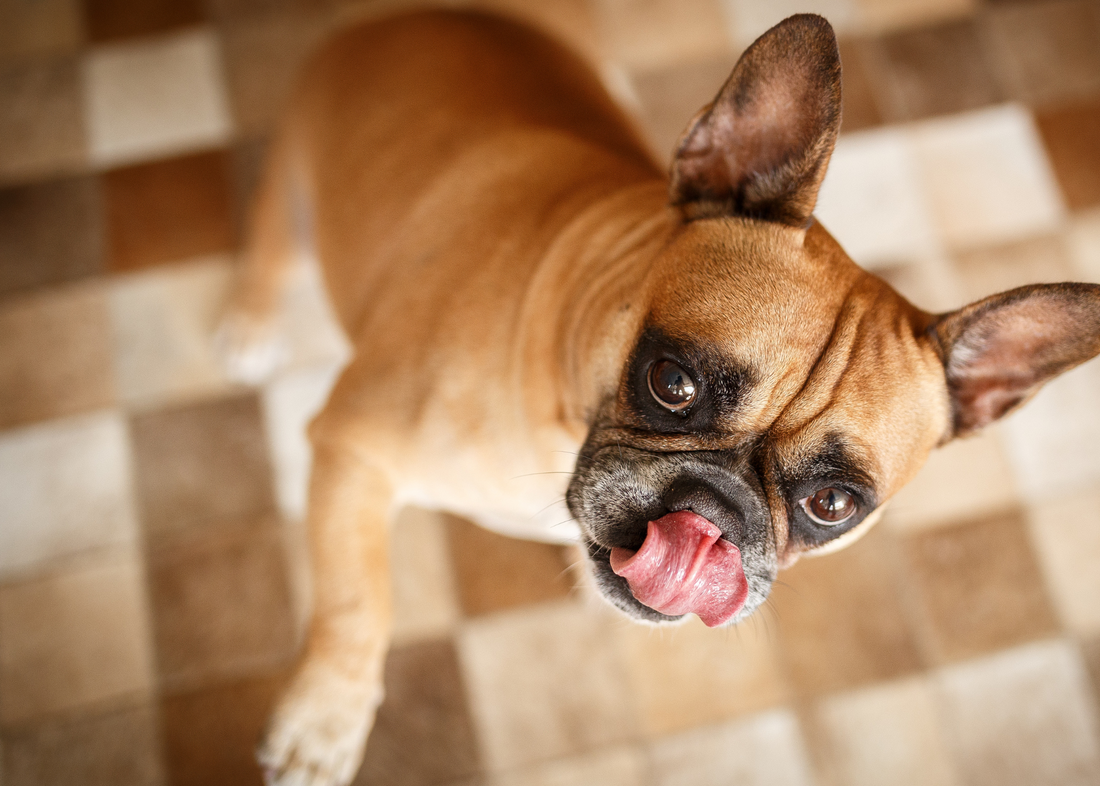
Why Do Some Dogs Chew Their Paws?
Share

As a dog owner, you may have noticed your furry friend chewing on their paws from time to time. While occasional paw chewing is normal, excessive or persistent chewing can be a cause for concern. In this blog post, we will explore the reasons why some dogs chew their paws and what you can do to help them.
1. Allergies
One of the most common reasons for paw chewing in dogs is allergies. Just like humans, dogs can be allergic to certain substances in their environment, such as pollen, dust mites, or certain foods. When a dog comes into contact with an allergen, it can cause itchiness and discomfort, leading to excessive paw chewing.
Bee pollen contains Quertin, which is a natural antihistamine. This acts as allergy protection, and when consumed regularly can help to reduce allergy symptoms and allergic reactions in dogs. By giving your dog a small dose of pollen, it helps to desensitise your dog to certain allergens

2. Skin Infections
Another possible cause of paw chewing is a skin infection. Bacteria or fungi can invade the skin, causing irritation and itchiness. Dogs may chew their paws in an attempt to alleviate the discomfort caused by the infection. If you notice redness, swelling, or a foul odour coming from your dog's paws, it's important to consult with a veterinarian for proper diagnosis and treatment. You dog may also benefit from regular skin cleanser treatment to keep fungal infections and skin issues under control.
3. Dry Skin
Dry skin can also be a culprit behind paw chewing in dogs. Just like humans, dogs can experience dryness and flakiness of the skin, especially during the colder months. Dry skin can be itchy and uncomfortable, prompting dogs to chew on their paws. Providing your dog with a balanced diet and ensuring they are properly hydrated can help alleviate dry skin issues.
4. Anxiety or Boredom
Some dogs may chew their paws as a result of anxiety or boredom. Dogs are social animals and need mental and physical stimulation to thrive. If they are left alone for long periods or lack proper exercise and enrichment, they may resort to chewing their paws as a way to cope with their emotions or alleviate boredom. Ensuring your dog gets plenty of exercise, mental stimulation with different enrichment toys, and social interaction can help reduce paw chewing caused by anxiety or boredom.
5. Pain or Injury
In some cases, dogs may chew their paws due to pain or injury. They may be trying to relieve discomfort caused by a sprain, fracture, or foreign object lodged in their paw. If your dog is consistently chewing on a specific paw or showing signs of pain, it's crucial to have them examined by a veterinarian to rule out any underlying medical conditions.
Remember, while occasional paw chewing is normal, excessive or persistent chewing can indicate an underlying issue. If you notice your dog excessively chewing their paws, it's important to consult with a veterinarian for proper diagnosis and treatment. By addressing the root cause of the paw chewing, you can help your furry friend find relief and improve their overall well-being for a happy and content dog.
